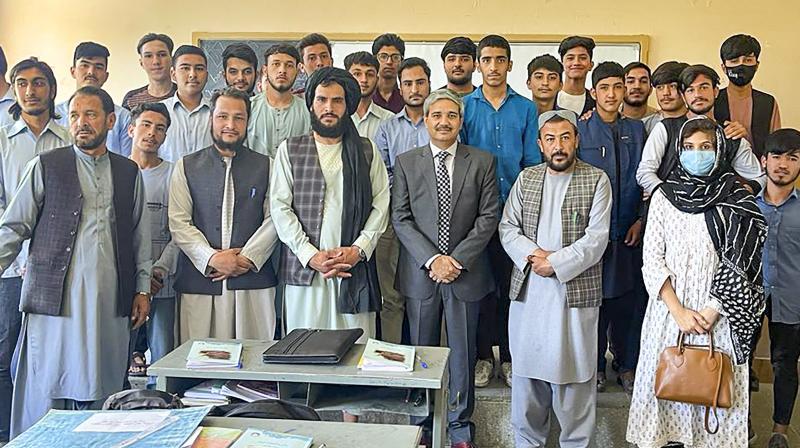
India’s Deft Engagement in Afghanistan

The first meeting between Indian officials and the Taliban leadership, after the Taliban takeover last year, took place in Kabul on 02 June 2022. Just prior to it, the 4th Regional Security Dialogue on Afghanistan was held in Dushanbe, Tajikistan on 26 May 2022 which was attended by the NSAs of all regional countries including India, China, Central Asian Republics, Russia and Iran. Pakistan was the only noticeable absentee.
Speaking at the dialogue, India’s NSA, Ajit Doval drew attention to the fact that the region is bound with Afghanistan historically and geographically and highlighted that, unlike the US and the West, the regional countries have no easy choice with regards to Afghanistan. With the Taliban atrocities on the rise, he added that ‘the foremost priority should be the right to life and a dignified living as well as protection of human rights of all the people in Afghanistan. There is a need to enhance the capability of Afghanistan to counter terrorism and terrorist groups which pose a threat to regional peace and security’.
Earlier, the 3rd Security Dialogue on Afghanistan was held on 10 November 2021, with India taking the initiative to host it to discuss the seriously adverse security situation created by the Taliban takeover of Kabul in August last year. The strongly worded ‘Delhi Declaration’ adopted at the meeting expressed deep concern over the suffering of the people of Afghanistan, condemned in the strongest terms all terrorist activities and reaffirmed their firm commitment to combat terrorism in all its forms, to ensure that Afghanistan would never become a safe haven for global terrorism.
International Recognition Hard to Come by
Afghanistan has been in the news for all the wrong reasons since the Taliban takeover. The international community quickly exited Afghanistan with only Russia, China, Iran and Pakistan keeping their embassies open in Kabul. India too wound up its embassy on 15 August 2021. There are now reports that India may reopen its embassy with some staff soon.
16 countries including Saudi Arabia, UAE, Germany, Central Asian Republics and EU have already reopened their embassies in Kabul. The US had shifted its embassy operations out to Doha and continues to operate from there. In the midst of it, the Taliban government is still looking for international recognition with no country yet giving it official recognition. The supreme leader of the Taliban, Haibatullah Akhunzada, in a message posted on 29 April 2022, on the occasion of Eid, urged the international community to recognize Afghanistan. Earlier, in February this year, after a meeting with Western leaders at Oslo, Afghan Foreign Minister Amir Khan Muttaqi exuded confidence that Afghanistan was close to international recognition while requesting the US to unfreeze Afghanistan’s assets to help tackle the humanitarian crisis. Nothing much has happened on the either, yet.
Targeting of Women
The road to international recognition is unlikely to be easy for the Taliban government. They have made it difficult for themselves with the oppressive policies unleashed on the population. The treatment of women and children has come in for repeated and severe criticism. After initial assurances of ‘turning over a new leaf’ in their second term (as compared to the brutal Taliban rule in 1990s), the Taliban have gone to their old ways. Secondary schools have been shut for girls, women are not permitted to move freely and in a recent diktat, the news anchors on TV were also instructed to cover their faces fully while reading news. The UN Security Council too, after recent deliberations in May, expressed its deep concern regarding the increasing erosion of respect for the human rights and fundamental freedoms of women and girls in Afghanistan.
The Worsening Security Situation
Adding to the woes of the people is the worsening security situation in Afghanistan. There have been repeated attacks including a number of them specifically targeting the Hazara Shia community. Most of the attacks have been claimed by the Islamic State (IS) who aspire to establish a Caliphate across the region, it calls Khorasan. The most recent attacks on 25 May 2022 were a series of well-planned attacks in Kabul and Mazar-e-Sharif targeting Shia Mosque and civilian buses resulting in over 16 deaths including children.
The cross-border firing and fights between the Taliban and the Pakistani forces and attacks by the Tehreek-e-Taliban Pakistan (TTP), which traces its roots to the Afghan Taliban have added to the criticality of the security situation across Af-Pak border. Coupled with it is the infighting between various factions of the Taliban. The Haqqani network sees itself as the one responsible for driving the western coalition out, whereas the Taliban (Kandahar, of Mullah Omar) sees itself as the main Taliban.
The Indian Context
India has very close and critical stakes in the stability of Afghanistan. The possibility of terrorist cadres and weapons from Afghanistan infiltrating into India, especially Jammu & Kashmir presents a potent threat. Despite Taliban’s assurances that it will not permit such a spillover this time, India has to remain vigilant. India has repeatedly expressed concern over the deteriorating security and humanitarian situation in Afghanistan.
As a part of its policy on engagement, New Delhi has deliberately and very judiciously separated its engagement with the Taliban government and the Afghan people. While India, like the international community is yet to recognize or formally engage with the Taliban, its policy towards the Afghan people has been one of empathy and humanity. It has supplied Covid-19 vaccines free to the Afghan people and has pitched in to provide 50,000 Tons of wheat to the starving Afghan population. In addition, India has extended stay of Afghan students in India, providing them financial and medical aid.
India is exploring options to re-open its embassy in Kabul and recently hosted Afghan leader Dr Abdullah Abdullah to discuss the situation in Afghanistan. It may be recalled that India has been among the major contributors towards reconstruction of Afghanistan in the past twenty years with an aid of over 3 billion US dollars which includes multiple projects like the Afghan Parliament, Children Hospital, dams, roads power projects etc. No wonder then that India is considered the most popular country among the Afghan population.
Enemy is now the Ruler
The withdrawal of US led coalition from Afghanistan in August last year and the ease with which the Taliban overcame the resistance of Afghan security forces shocked the world. A group which represented the worst of humanity was suddenly in charge of a beleaguered nation, without any leadership or fight. President Ashraf Ghani left Kabul in the dead of the night and soon all hell broke loose with people trying to board flying aircrafts and the Taliban cadres unleashing their fury on the public in markets and offices.
The international community abandoned Afghanistan and the people were left at the mercy of the Taliban. Yesterdays’ enemy had suddenly become the rulers. The Taliban this time around was however not too sure how to rule and govern. They promised to present a better avatar than the Taliban rule of 1990s but perhaps do not have the tools or intent to do it. The Ukraine war has put Afghanistan in the back burner as the western world is busy dealing with Russia’s aggression into Ukraine.
With each passing day however, the humanitarian situation is becoming worse and the Taliban do not how to handle it. One thing is however clear. The international community is not going back into Afghanistan again, soon. International recognition will depend on a lot of factors, which the Taliban is not ready to presently comply with. Also, Afghanistan and a number of external interventions in recent past have also proved that lasting change can only be brought about internally by the leadership and people themselves. This being true, the Afghan people and the Taliban will have to find a magic formula themselves to bring about peace and stability.
Given its deep engagement and concern for people in Afghanistan, India has adopted a well-crafted policy of engaging separately with the people and leadership in Afghanistan. It remains committed to helping Afghan people but till the time the Taliban reforms and demonstrates its intention and ability to effectively govern, there is little hope for a formal recognition.
***********
Reference for image – Indian team to visit Kabul for first time in Taliban region (asianage.com) / PTI Photo
Disclaimer
The opinions expressed in this article are the author’s own and do not reflect the views of Chanakya Forum. All information provided in this article including timeliness, completeness, accuracy, suitability or validity of information referenced therein, is the sole responsibility of the author. www.chanakyaforum.com does not assume any responsibility for the same.
Chanakya Forum is now on . Click here to join our channel (@ChanakyaForum) and stay updated with the latest headlines and articles.
Important
We work round the clock to bring you the finest articles and updates from around the world. There is a team that works tirelessly to ensure that you have a seamless reading experience. But all this costs money. Please support us so that we keep doing what we do best. Happy Reading
Support Us






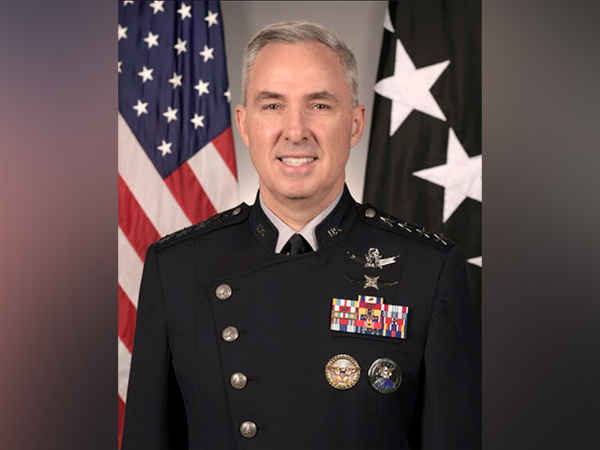
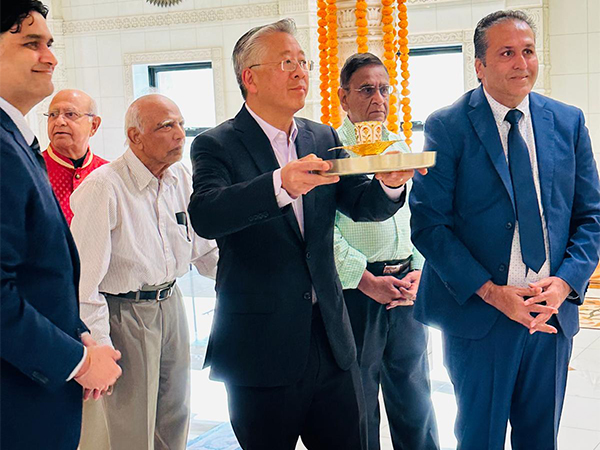
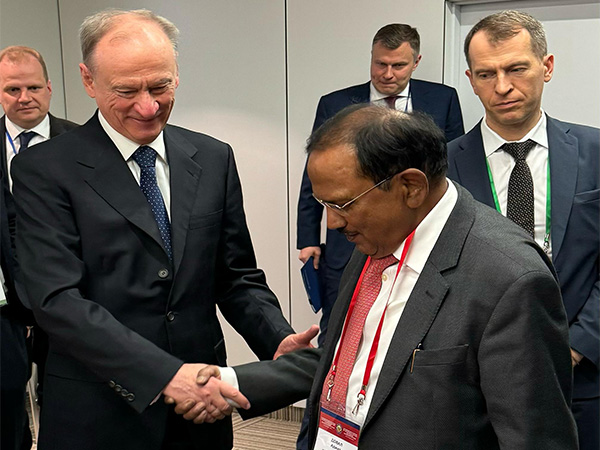
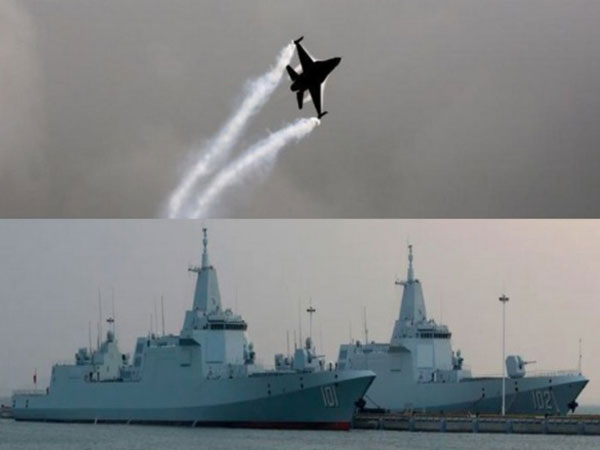
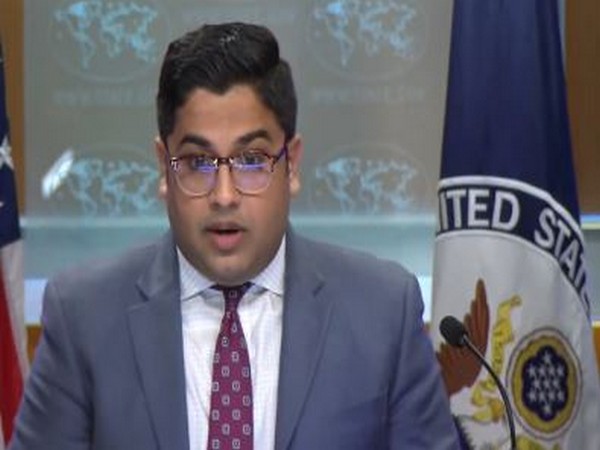


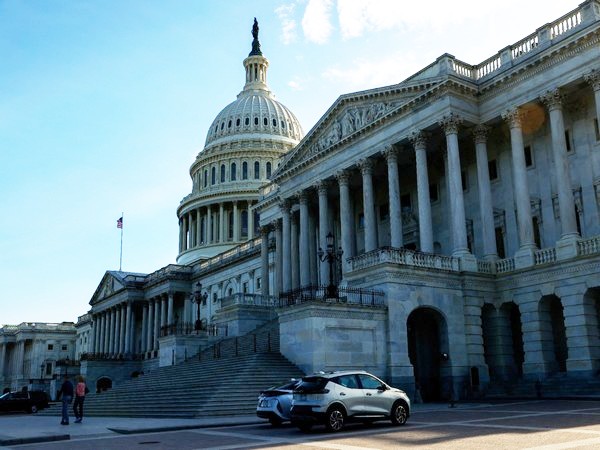
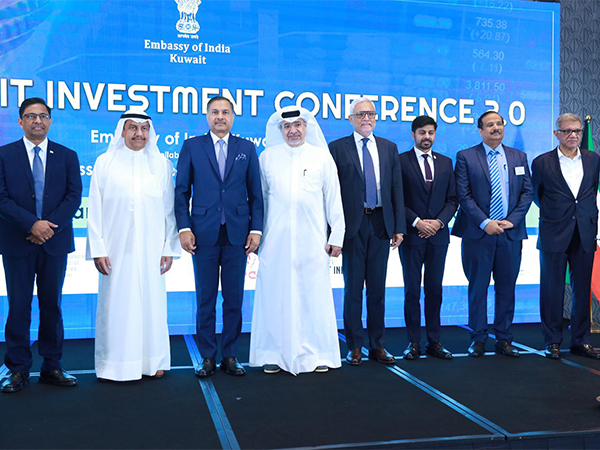






POST COMMENTS (1)
Kalidan Singh